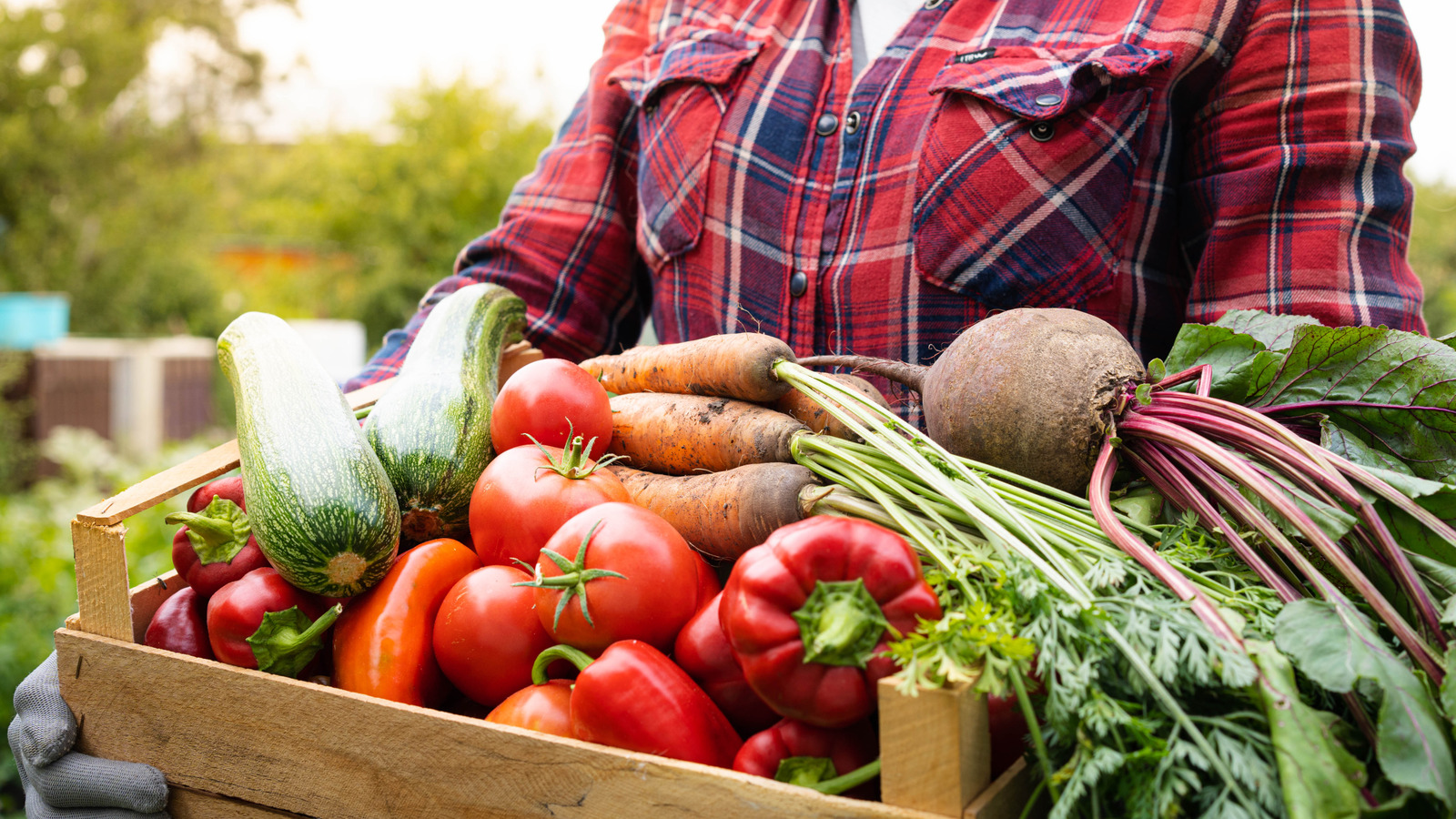
"However, as a plant-based chef with a certification in plant-based nutrition from Cornell, I've come across so many more reasons to eating seasonally that might even interest those who don't understand the purpose of a hike, and wouldn't dare step outside barefoot. It's more than just recognizing what our geographic climate creates for us in the moment, it's about fresh, flavorful, and nutrient packed produce."
"These fruits and veggies will have a noticeably different flavor or texture, they will have lost quite a bit of nutritional value on the journey, or the shipping takes so long that you're getting bottom of the barrel quality. If you're not sure what's in season, use the internet to guide you, or shop at a farmer's market. Look for the "local" sticker at your grocery store, or better yet, join a CSA ( Community Supported Agriculture)."
"It's better for human health, and there's also an eco-friendly reason to never buy out of season produce: Shipping those fruits and veggies in from other growing climates leaves a massive carbon footprint. So really, eating the seasonal foods around us is a win-win, for us and for the world around us. Some fruits and veggies are fine off season."
Eating seasonally delivers fresher, more flavorful, and more nutrient-dense fruits and vegetables. Seasonal produce often retains better texture and taste than out-of-season imports. Long-distance shipping and early harvests can degrade flavor, texture, and nutritional value. Buying seasonally reduces the carbon footprint associated with transporting produce from distant growing climates. Some fruits and vegetables remain acceptable off season, but several show noticeable declines and should be avoided when not local. Practical strategies include checking online seasonality guides, shopping farmer's markets, looking for local labeling, joining a CSA, or using frozen alternatives when in doubt.
Read at Tasting Table
Unable to calculate read time
Collection
[
|
...
]